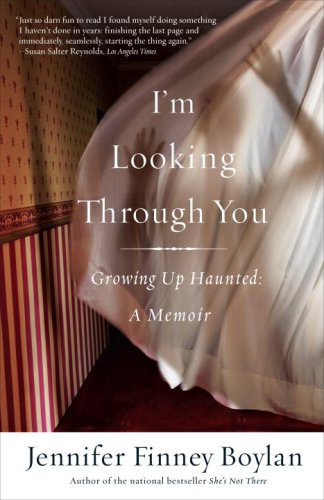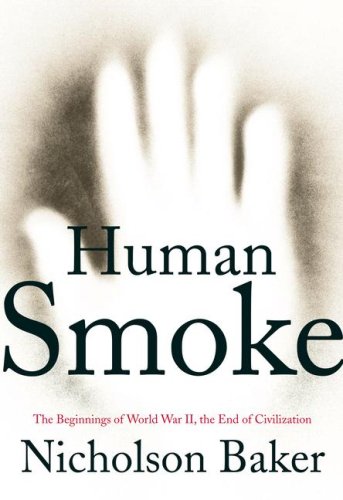
I've been sitting on a long, rambling post about the World Baseball Classic since before this blog even existed. Now that Clemson has promptly bowed out of the NCAA Tournament and my brief flirtation with March Madness is over, that post will see the light of day.
I, like most Americans, have mixed feelings about the Classic. When it premiered in 2006, I found it interesting, but little more than a novelty. As I mentioned in my last post, though, I've started reading more baseball books in the past year, a symptom of my increasing interest in the sport of baseball as a whole, its cultural construction, its history, its traditions (most notably the Hall of Fame), and its future. I used to follow the Red Sox and a few other teams. Now, I follow baseball. And, by God, I love the sport quite unlike I love anything else in my life.
It's 2009 now, and I absolutely love the idea of the World Baseball Classic. Baseball is far too insular, and the chance to see international legends like Sadaharu Oh and young prospects alike is exciting, to say the least. Its execution, on the other hand, is sometimes less than desirable. I know this is a gross generalization, but there tend to be two camps when it comes to opinions on the WBC. There are those who think it is a travesty and a farce, that it has no real significance (with my '06 "novelty" stance as a moderate view). This is the prevailing opinion of the media, which did not even bother to televise the U.S.-Venezuela seeding game. Then, there are those who revere the tournament and what it brings to baseball, but lament America's apathy and criticize American fans and the baseball powers-that-be for not being engaged on the same level as other countries. (This group is very similar to other discourse groups of which I have been a part, where advocacy is so crucial that "immanent critique," or the criticism that emerges from within that discourse, is not tolerated.) I tend to borrow freely from both camps: I love the Classic, but I think that the American apathy surrounding it is as much the fault of the WBC and its setup as it is of MLB and American fans.
The evidence that America considers the WBC an exhibition, part of Spring Training, is ample. Many of the country's best players, particularly its ace pitchers, are not participating. Guys are thrown out there to "get work in," even in high-leverage situations. The fans are equally unconcerned, and one game in Miami drew barely 13,000 fans (roughly a third the number of fans at a
practice session in Tokyo). Can we blame them, though? Because of the timing of the WBC, smack in the middle of Spring Training, and its numerous built-in off-days, it becomes difficult for players to get ready for the coming season and still participate in the tournament. When the interests of an MLB club and the interests of the WBC collide, the MLB club will almost invariably win out. Thankfully, a number of American players share my love of the WBC. After the U.S.'s stunning walk-off win over Puerto Rico, players like Brian McCann and David Wright talked about the night as the most exciting of their professional careers. This is the kind of enthusiasm that other countries already have and the U.S. desperately needs.
Unfortunately, this enthusiasm did not carry over to American fans and MLB clubs. Hell, it didn't even carry over to the next game, as U.S. manager Davey Johnson acted like the game didn't matter. Of course, the game didn't technically matter (it was only a seeding game), but as the Japan-Korea seeding game attests, even a trivial game in the WBC is still an exciting international matchup.
While the format and schedule of the WBC is clearly partially to blame for America's apathy, the fans, the media, Major League Baseball, and the culture of American sports in general are also to blame. With a few exceptions, such as the Olympic basketball "Dream Team," American fans have never been particularly enthused by their country’s participation in international sporting events. I find this strange considering the sense of blind patriotism in the country, but, such is the price to pay for not caring about soccer (sorry,
football), the only sport to provoke massive riots in international play.
The distinctly American attitude toward international sports goes far beyond that, though. I'm not sure whether to blame the media, the fans, the clubs, or the athletes themselves, but I'm fully convinced that American athletes are expected to be docile, non-confrontational, and, to be frank, stupid.
Remember John Rocker? He was publicly lambasted (in no small part by
Sports Illustrated) for speaking his mind and saying that,
gasp, New York's subway system is dirty and full of freaky people. The comments that so provoked an entire nation:
"Imagine having to take the 7 Train to the ballpark looking like you’re riding through Beirut next to some kid with purple hair, next to some queer with AIDS, right next to some dude who just got out of jail for the fourth time, right next to some 20-year-old mom with four kids. It's depressing."
Now, Rocker was not a particularly brilliant individual, but I have to stretch to find his comments even mildly offensive. Sure, the "queer with AIDS" thing is a problem, but people have said much worse things before.
The proverbial buck does not stop there, though. Oh no, American players are taught not to criticize anyone, including those deserving of criticism. When baseball players talk trash about another team, they are called loudmouths and idiots. When they, heaven forbid, criticize a member of their own team, they are called traitors.
International players, on the other hand, are taught to speak their mind. They have not adopted the dumbed-down, non-confrontational jock-speak of American athletes. One need only listen to the press sessions for other countries in the WBC to see evidence of the cultural difference. I'll provide two examples. After his third base coach made an obviously poor decision to send a runner home at a crucial point in the game, Netherlands left fielder Bryan Englehardt (pictured below) said,
"Maybe the coach needs to stop the guy on third base. After the game, you think about it, and you say that it was one [turning] point."
In America, calling a coach out like that would be unthinkable.

In the Japan-Cuba elimination game, Ichiro Suzuki, one of my favorite players, tried to lay down a bunt. Ichiro, who usually excels in international play, has been abysmal this WBC, and he got under the ball and popped it up. After the game, he said (in loose translation),
"That failed bunt put another crack in my very tattered heart. It was as if I was the only guy on our side wearing a Cuban uniform."
I'm not sure about the combination of "crack" and "tattered," two words that don't normally go together, but I don't claim to understand the subtleties of the Japanese language. Point is, Ichiro wears his heart on his sleeve frequently, but you don't hear him say these kinds of things after Mariners games. I'm sure that's because his identity in Seattle is primarily as a Mariner and MLB player, not as a Japanese baseball player. That's just not the kind of thing you say in Major League Baseball.

Unfortunately, we'll have to wait until 2012 for the next Classic to see if the U.S. can get its act together. I suspect it won't unless some significant changes occur. (What those changes involve, I'm not sure; I just invite the
possibility of change.) In the meantime, I'm going to enjoy watching Japan and Korea battle it out baseball's greatest stage. It's nice to see countries actually care about being crowned the best in the world.
















